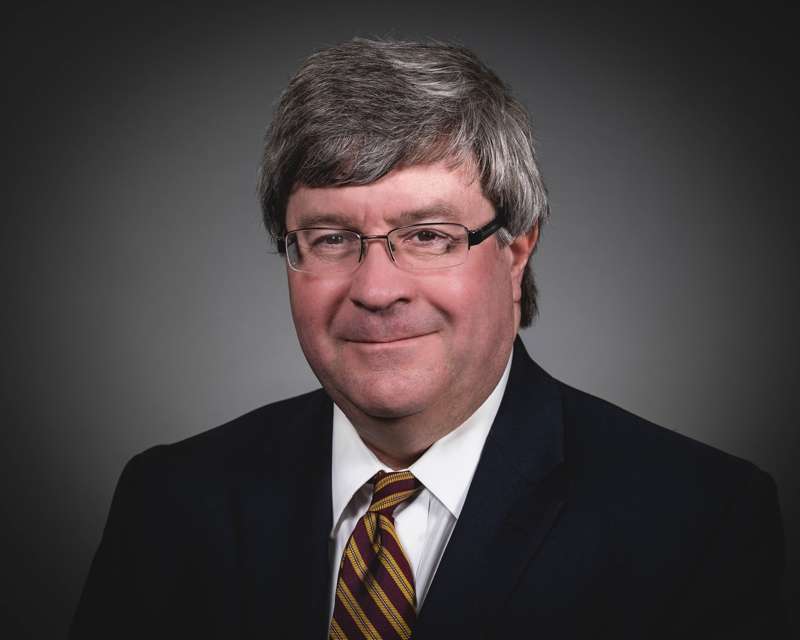
NICK GOSNELL
Hutch Post
HUTCHINSON, Kan. — With the formal agreement earlier this month to dismiss the Gannon school-finance lawsuit, it's important to remember that the school finance subject has been on the minds of legislators for decades.
"In many ways, you really can go back to 1990," said Mark Tallman with the Kansas Association of School Boards. "It was a lawsuit that created what is essentially the system we have now of base state aid, of a flat amount, of weightings, was put in place then. Then, in the mid 2000s, the Montoy decision was when the legislature basically created, in response to the court, a cost study, which laid out what it believed would be necessary to provide constitutional funding and implemented that over a four year period. At that point, the Supreme Court said, okay, you did what you said you would do. You phased this in. We're dismissing the case. Almost immediately, and there were a lot of other factors we could talk about, the legislature began backing away from that. Because the court had dismissed the case, it took a new lawsuit. That's why Gannon is separate from Montoy where, in effect, everything started over. For the most part, the issues in Gannon were to say, you had kind of set up a system, for both equity and adequacy, based on evidence. The legislature then failed to fund that. The court ultimately found with the plaintiffs, in Gannon. The legislature then did adopt a plan, as we all know, to phase it in over an even longer period, ultimately six years. In this case, the court waited for the whole duration of that to be done."
It's also important to note that the legislature has tried to respond to the changing needs of students over the course of that time.
"Thirty to forty years ago, most of the emphasis was on what we call equity, because of differences in local wealth," Tallman said. "Now, an important part of these decisions might be what we call adequacy, which is saying, are we providing enough to meet the diverse needs of Kansas students. You talk about that complexity. It's important to understand, that complexity, all of that complexity has come about by the legislature responding to new concerns or new cost studies that really are about saying, here's a group of students that traditionally struggles. Maybe they've got special circumstances. How do we provide funding that makes sure we can meet the needs of those kids?"
As lawyers for the plaintiffs in the Gannon lawsuit wrote in a law review article in 2020, "Kansas students deserve more than what they have recently received: a few years' worth of a constitutionally-appropriate education nestled in between court cases and cost studies."
The current school finance formula sunsets in 2027, unless the Legislature chooses to renew it.





